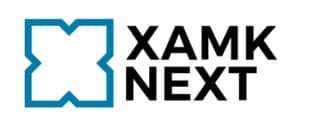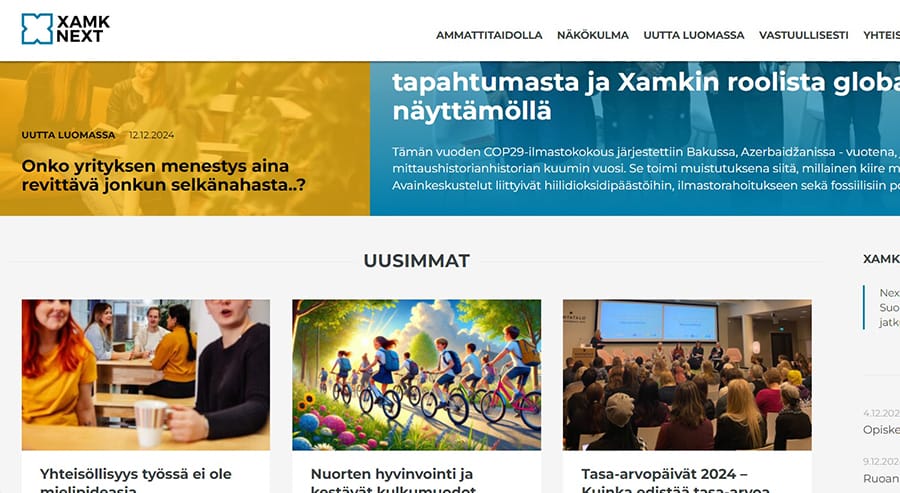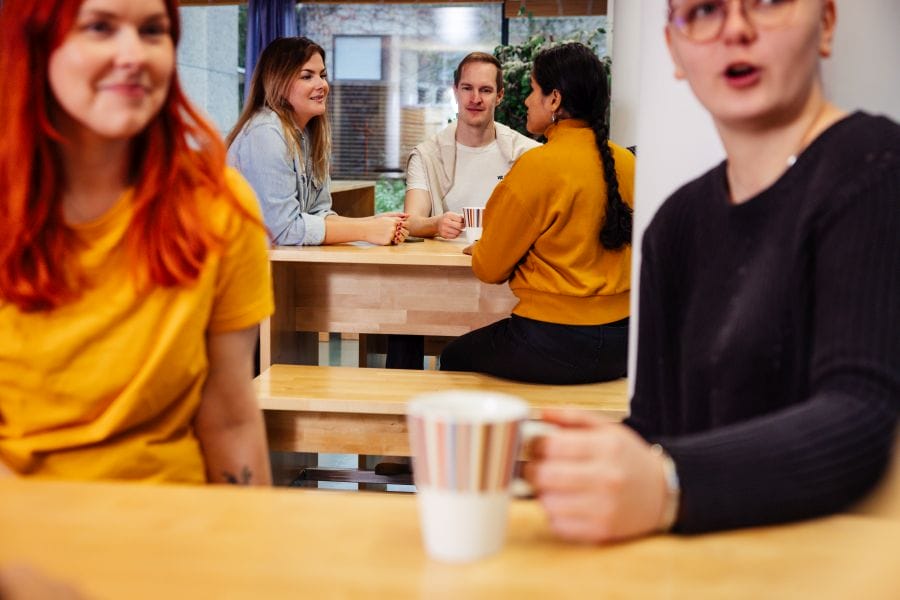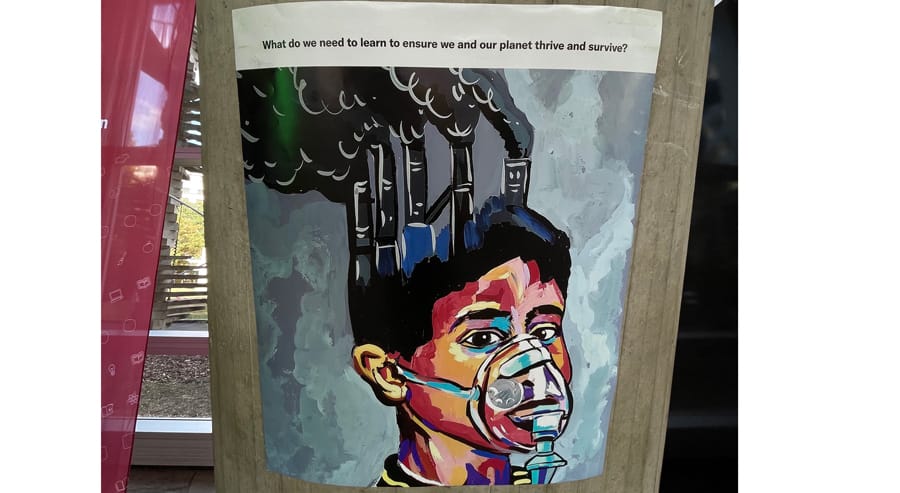Is Finland ready to transform education?
As stated by UNESCO:
“All children need access to education of good quality to unlock their learning potential and the wider benefits of education. Special efforts are needed to ensure that all children and young people can benefit equally from its transformative power. This requires sufficient resources, especially to reach those who need more support”
Already renound as one of the world’s leading educational systems, how will Finland further transform it’s educational system revolving around the key themes of access, equity, learning, quality, finance?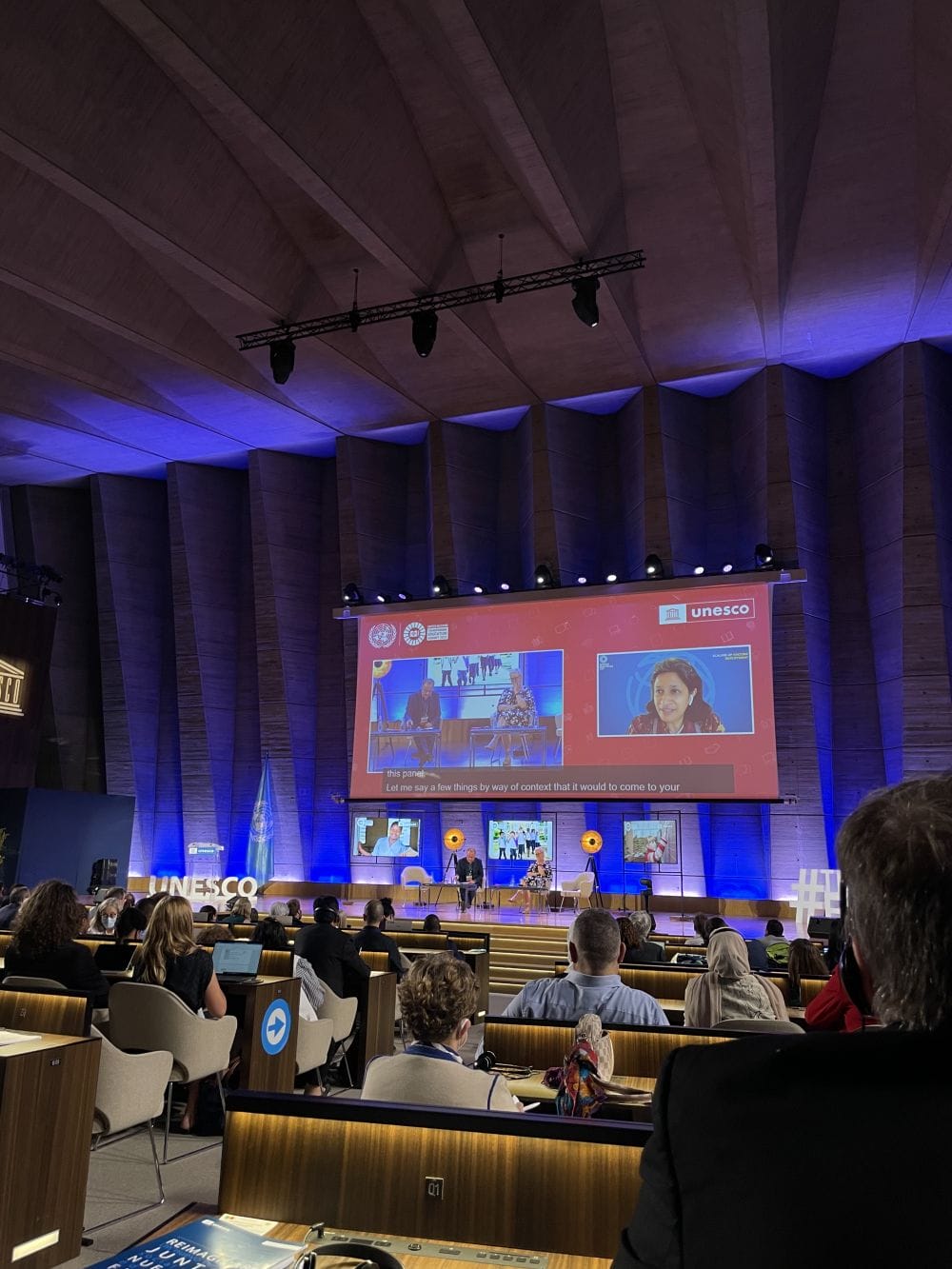
Let’s dive into the what was discussed during The Transforming Education Pre‐Summit organised in Paris, at UNESCO Headquarters, on 28‐30 June 2022. The Pre-Summit included roundtables with Ministers of Education various countries, public discussions with NGOs and young professionals and speeches by youth activists.
The overall objectives of the Pre‐Summit were to harness the evolving discussions on transforming education, elaborate initial content and establish a shared vision and suggest actions between countries.
What Finland hopes to achieve
By 2040, the Government Education Policy Report’s overarching objectives aims to transform education addressing the 5 key aspects (access, equity, learning, quality, finance) by:
- raising the level of education, learning outcomes and competences among the population on all levels of education.
- offering equal opportunities for learning for all throughout life, increase participation of underrepresented groups and narrow the differences in learning outcomes.
- strengthening the wellbeing of children and youth.
Li Andersson, Minister of Education confirmed the commitment of Finland to do even better in education at the Transforming Education Pre‐Summit in UNESCO’s HQ Paris.
Her speech opened by echoing three key recommendations drawn in the discussion papers to Ministers: public digital learning resources, potential of technology to accelerate and support learning and ensure connectivity for all. She mentioned that, taking the experience of pandemic into account, digitalization can broaden the horizon of education, but we also need to check that we are not creating new gaps.
The best lessons showcased by minister Li Andersson from Finland included:
- Freedom of teachers to guide the educational processes within their classrooms
- Teachers teaching teachers model, where tutor teachers can support fellow colleagues
- Continuous professional development that is available for professional in the field to stay up-to-dated
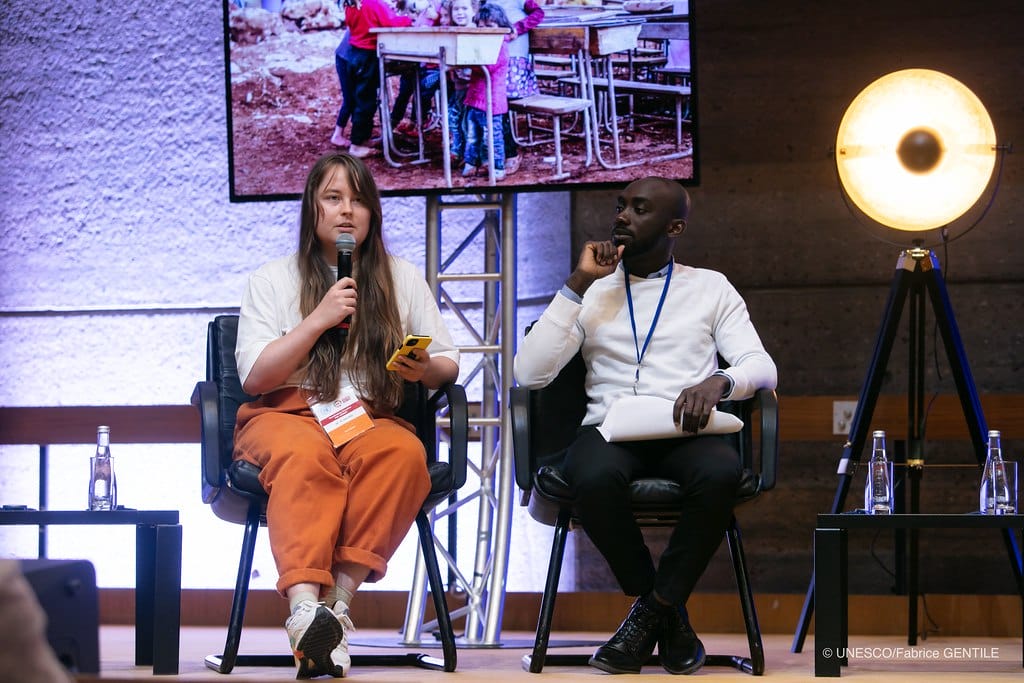
This all leads to well needed experiments in the classrooms. Teachers have tried using games such as Minecraft to teach 9-10 years old pupils to read scenes from books and recreate it in game.
Other highlights include Finlands free-of-charge school meals system, provided since the 1940s. Full balanced, daily meals are provided to most pupils 7-15 years old attending pre-primary, basic and upper secondary education.
As a result there is high attendance, parents are relieved knowing their children are well-nourished during the day and since the year 2000, 90–95 % of pupils completing basic education moved straight onto upper secondary education yearly. Finland has also achieved high scores in PISA reviews.
Speech from a youth delegate from Finland
”As a young person I feel afraid and anxious of the future. We as a society are not ready. We urgently need to build a climate conscious society. But we are far from it.
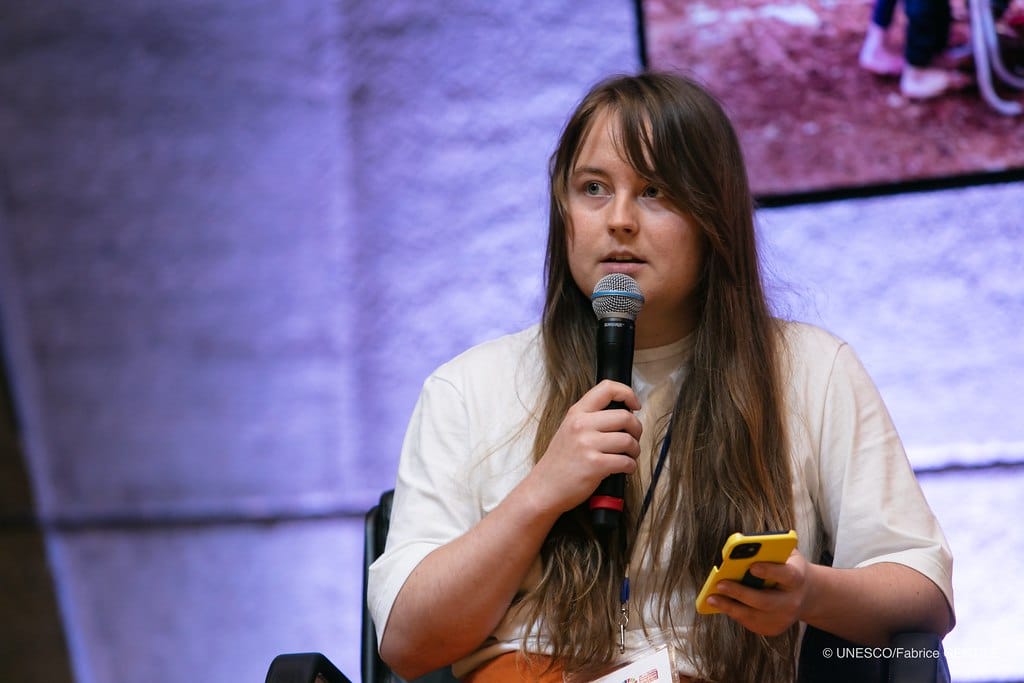
1. To transform education, firstly, we need to start getting ready. We should aim to scale capacity on adaptation equally as mitigation. Education For Sustainable Development is more than just studies about nature and fancy ways to cut the carbon footprint of your shopping. It’s about building the capacity of people to actually live within the planetary boundaries of a new world.
Recognize the strong links between climate change, biodiversity loss and social inequities and make sure that they are being taught together with an intersectional approach.
2. Secondly, in the hyperconnected global world we are super disconnected from each other. Covid pandemic made it even worse when teachers and students have not even seen each other for years. Online education should be heavily complemented with interactive tools and hands-on experience, and educators will play a key role in implementing this experiential learning. Example of it could be as small as having community gardens just the one they have here in UNESCO premises to promote community learning and resilience.
3. Thirdly, education for sustainable development should be embedded in the daily life of people. We need to empower everybody to recognize how they can make a difference. We do not need thousands of environmental engineers to help guide sustainable development. We need everyone doing their job or taking a hobby with climate change in mind.
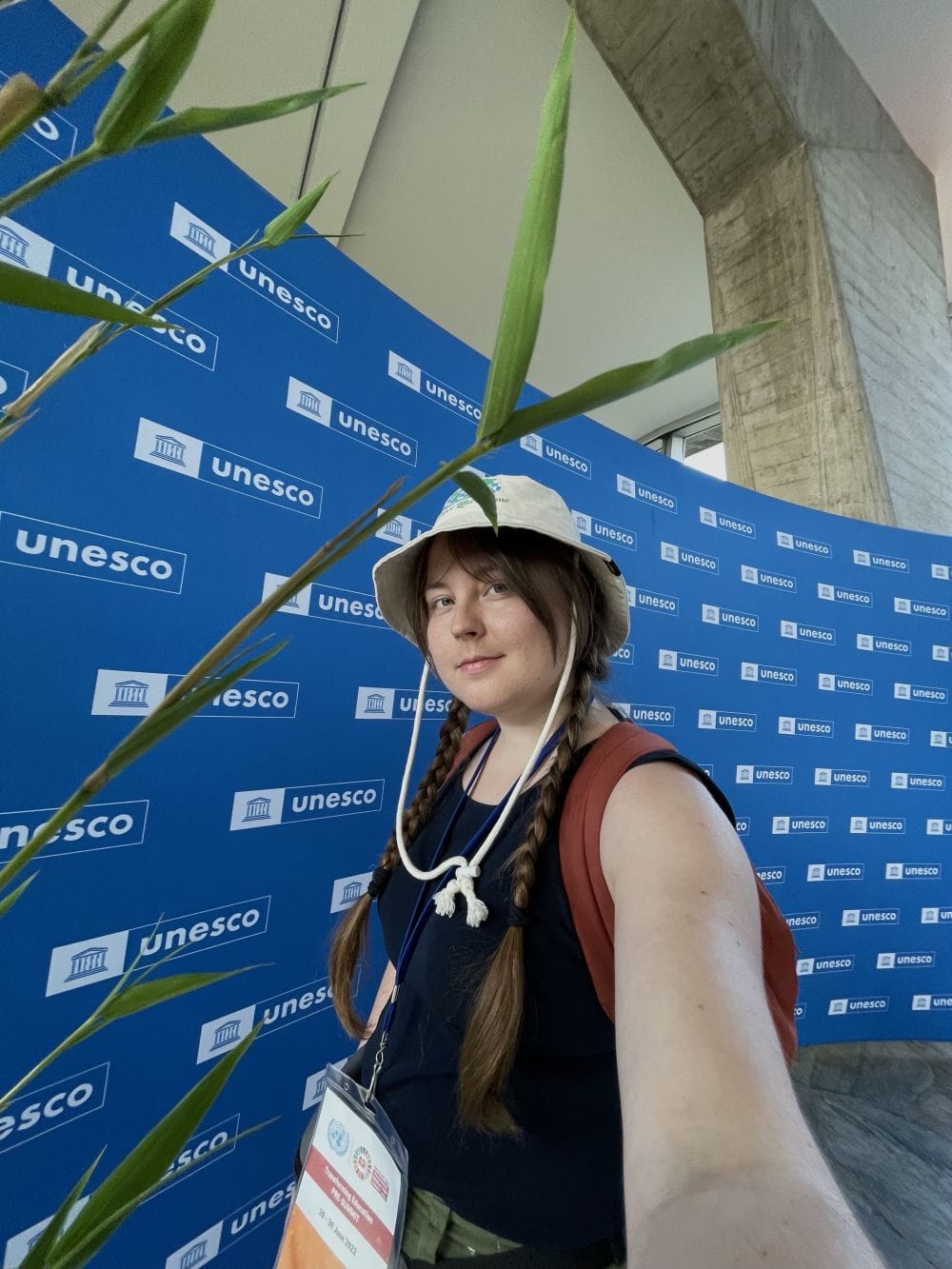 That can be achieved if we invest in partnership between content creators, companies and multilateral institutions to promote alternative ways of informal climate change education, through means of social media and storytelling. We could scale up our efforts in utilisation of social media to amplify skill sharing and foster lifelong learning experiences for people of all ages.
That can be achieved if we invest in partnership between content creators, companies and multilateral institutions to promote alternative ways of informal climate change education, through means of social media and storytelling. We could scale up our efforts in utilisation of social media to amplify skill sharing and foster lifelong learning experiences for people of all ages.
4. Last but not least, young people should be granted the right and equal opportunities to participate fully in the formulation, planning, management and implementation of government programs for education, conservation and adaptation. We should enable peer to peer learning and foster meaningful participation. I believe this week’s conference is a one step forward to that goal, but we can’t afford to continue at the same pace. Temperature is rising exponentially so should our efforts. Thank you.”
In closing, just as ever before our world is faced with seemingly indefinite amounts of advercity and uncertainty. As students and educators, we are tasked and obliged by circumstance to learn and re-learn, to pivot and adjust, and ultimately adapt to the ever changing circumstances and need of our ever changing planet.
